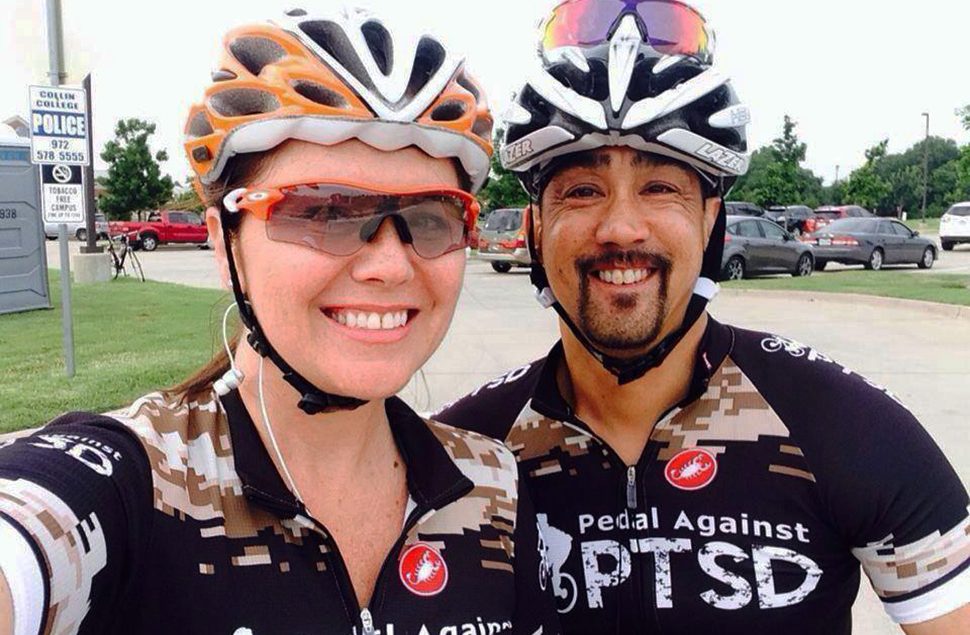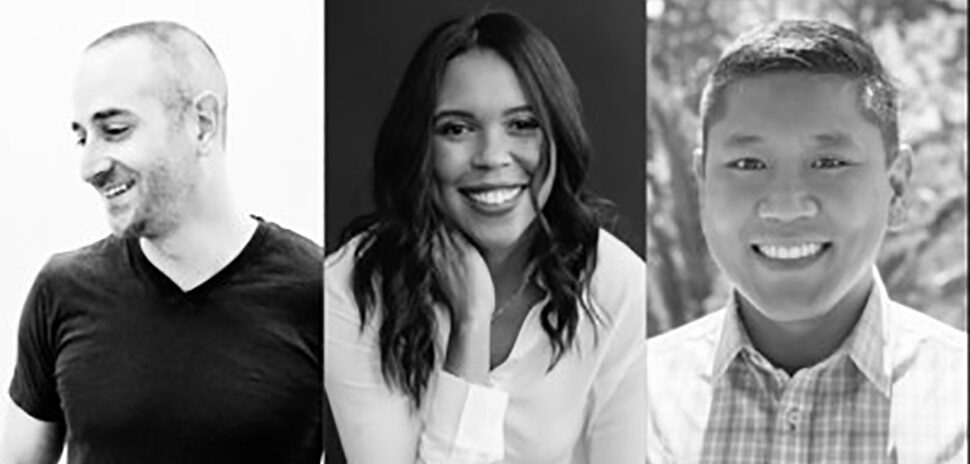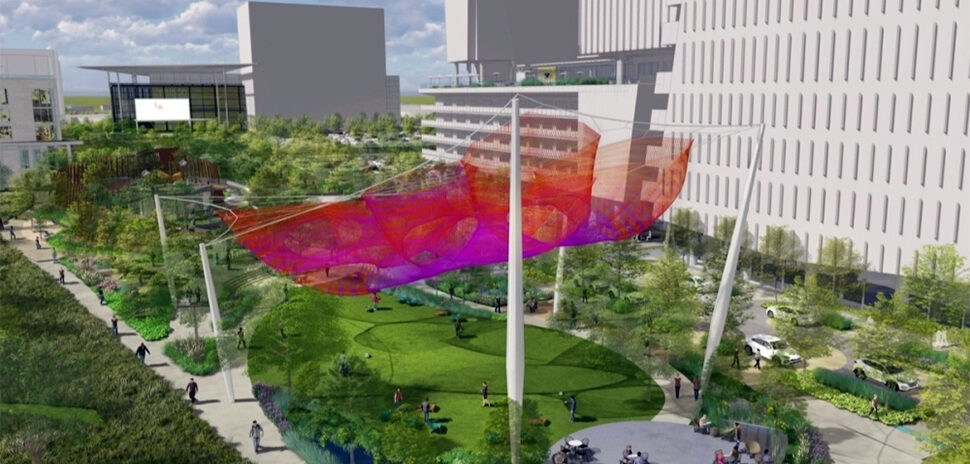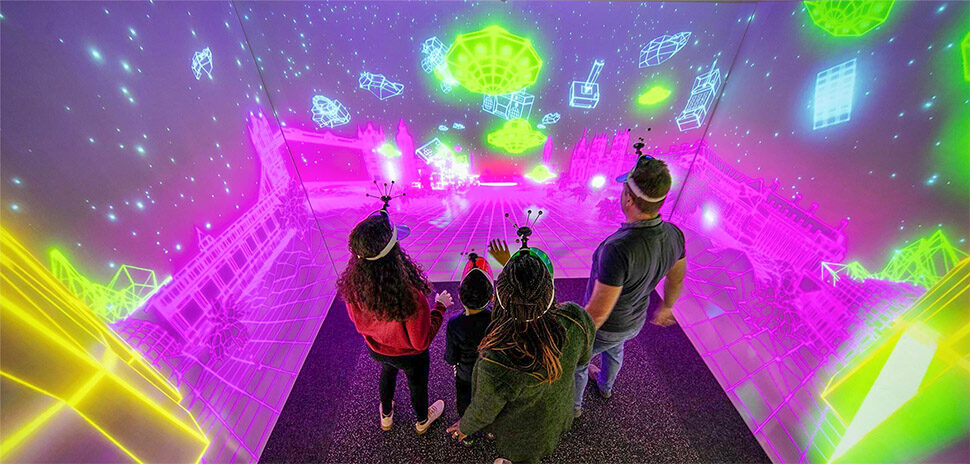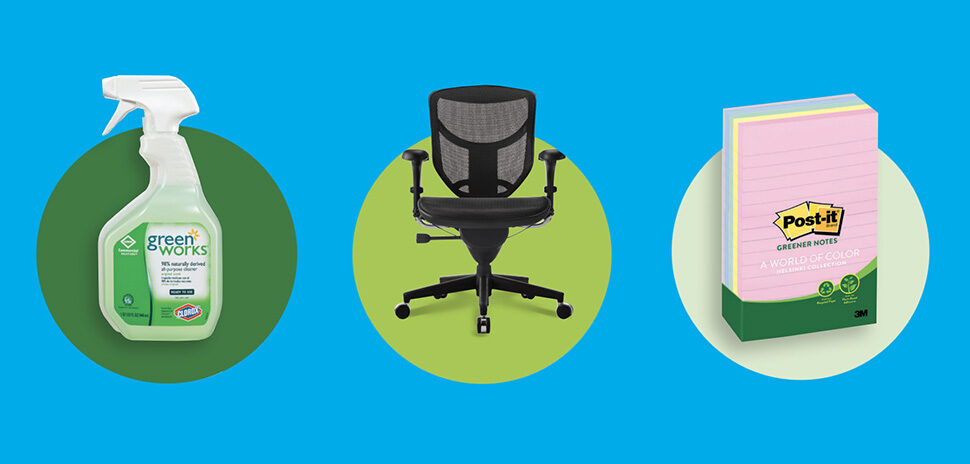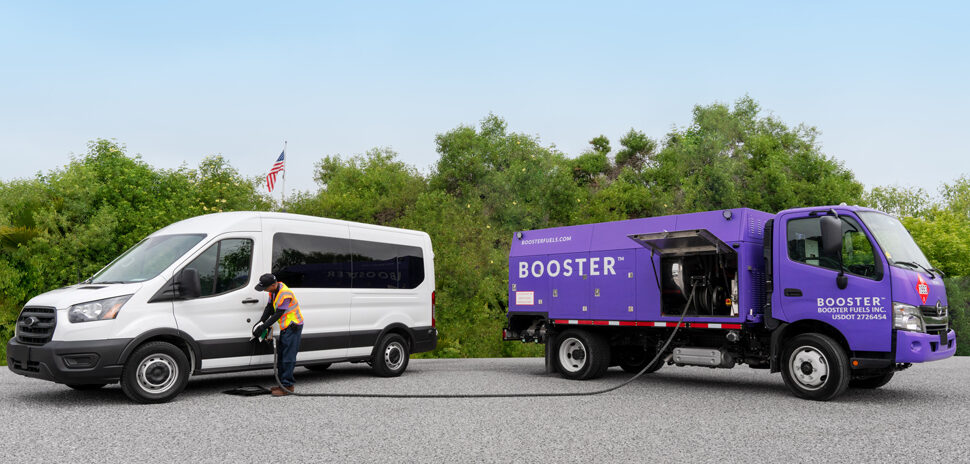PEDAL AGAINST PTSD FORMS A VETERAN CYCLING COMMUNITY
In 2013, U.S. Marine Corps combat veteran Kevin Campagna cycled the Tour Divide—a 2,745-mile race that stretches from Alberta, Canada, all the way to New Mexico.
“People tend to work through a whole lot of issues when they’re out there with nothing to do but think.”
As he cycled through convoluted forest pathways, cold mountain passes, and vast, desolate grasslands, he found himself with a lot of time to think. The lone-wolf nature of cycling for hundreds of miles was a great way for him to challenge himself, deal with his post-traumatic stress disorder, and be alone with his thoughts.
When he returned, Campagna decided he wanted to empower other combat veterans and military personnel to cope with their PTSD, and he couldn’t think of a better therapy than cycling. He and his then-wife, Jessica Reich, came up with the name Pedal Against PTSD for their fledgling organization as they sat in a bar by White Rock Lake. They’d form a cycling community, promote awareness of PTSD, and raise money to donate bikes to veterans who couldn’t afford them.
GROUP TO HOST FIRST CHARITY RIDE
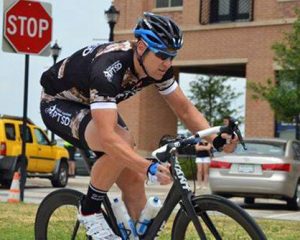
Pedal Against PTSD will host its first charity ride on June 11 in Sanger.
Campagna has since left the organization, but it’s still going strong. In fact, Pedal Against PTSD will host its first charity ride on June 11 in Sanger. The PAPTSD Grinder 100, sponsored by the Dallas VA Research Corporation, will feature 25-km, 50-km, and 100-km gravel rides.
Currently, Pedal Against PTSD is led by Reich and Ashley Caballero, who serves as director of operations. It works like this: local bike shops and donors help furnish the organization with bikes and funds. Local veterans and active military personnel can apply for a free bicycle through the Pedal Against PTSD website. Applicants are required to complete at least 100 volunteer hours (which can be gained through helping a supporting organization perform bike trail maintenance, for instance), at which point they can enter into a lottery drawing.
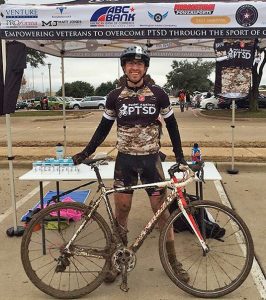
Pedal Against PTSD hosts regular group rides where vets come together to cycle and sometimes discuss their experiences. (Photos courtesy of Pedal Against PTSD)
Recently, Pedal Against PTSD donated a bike to a man who had been separated from his wife for three years. He began cycling, worked through his issues, and felt better. After some time, he and his wife reconnected, got back together, and now they have a baby.
VETERAN OUTREACH PROGRAM OFFERS SUPPORT
Caballero is certified in mental health first aid, and she created Pedal Against PTSD’s veteran outreach program. Each of the organization’s board members have a few individuals—either veterans or veterans’ spouses—that they make an effort to get in touch with every so often, just to let the veterans know that someone is there to talk, if they need it.
Sometimes they meet for coffee; sometimes they work through their issues out on the trail. Pedal Against PTSD also hosts regular group rides where vets come together to cycle and sometimes discuss their experiences. It’s a workout group, a fellowship, and a therapy session all rolled into one.
“People want to tell their stories on their rides. They don’t want to talk about exactly what happened, they want to tell you where they were and they want to tell you if they’re not doing so good.”
“People want to tell their stories on their rides,” Caballero said. “They don’t want to talk about exactly what happened, they want to tell you where they were and they want to tell you if they’re not doing so good. A lot of times, they just want someone to talk to.”
Caballero joined the organization after her husband, a veteran and avid cyclist, got involved. He had been commuting to work, but he was looking for something that would help him challenge himself. Somewhere he’d fit in with like-minded people.
“There are weekends when he goes out on 100-mile rides,” Caballero said, of her husband. “He’ll camp, and he’ll come back. It really helps him to get away from what’s going on in his work week and to fight his depression. Which makes sense, because when you’re in the military, they teach you how to camp and be alone. And that’s what we at Pedal Against PTSD want to do—get them out riding and camping. Get them back out in their element.”
“He’ll camp, and he’ll come back. It really helps him to get away from what’s going on in his work week and to fight his depression.”
It’s no secret that exercise is great for both our bodies and brains. And the nature of cycling—long periods of time spent working out alone — seems particularly beneficial to returning military vets.
“Cycling is a sport you can do in a group or solo,” Caballero said. “If you’re solo, the only thing you have is the road and your thoughts. People tend to work through a whole lot of issues when they’re out there with nothing to do but think.”
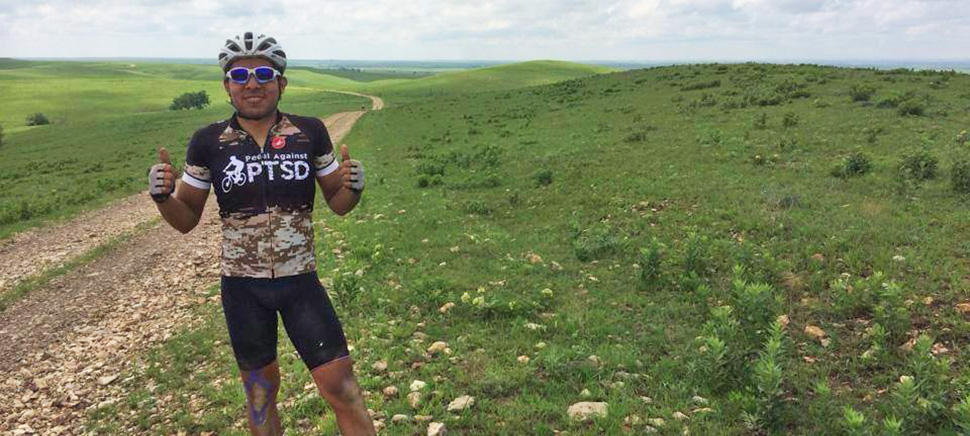
For a daily dose of what’s new and next in Dallas-Fort Worth innovation, subscribe to our Dallas Innovates e-newsletter.

